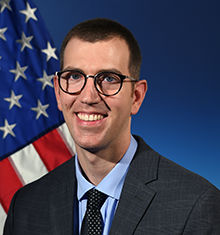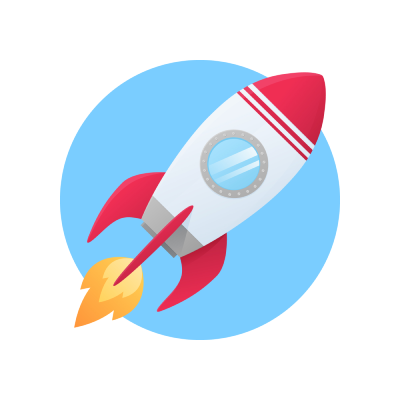Wil Corvey
Program Manager
Defense Advanced Research Projects Agency (DARPA)
Phase II is now closed. Results will be announced in March.

The Defense Advanced Research Projects Agency (DARPA)’s Building an Adaptive & Competitive Workforce track seeks tools that support adult learners in developing critical skills necessary for the current and future national security workforce. Participants in this track should propose solutions that leverage artificial intelligence and advanced computational methods to help adults upskill and reskill in the complex subjects required for the continuously advancing 21st-century economy.
The 2023 National Defense Science & Technology Strategy states that the United States cannot create 21st-century capabilities using 20th-century education practices. Technological advances and changes in economic conditions will continue to shift the skills needed to build an adaptive and successful workforce. The World Economic Forum (WEF) further predicts that, by 2025, 50% of all workers worldwide will need reskilling to compete in the market. Further, the new reliance on technology in jobs has created another obstacle for workers, particularly from low-income and historically marginalized populations. More attention and resources are needed to ensure that pathways to well-paying jobs are accessible.
Innovative, self-directed tools are vital to ensuring all workers master the skills needed to obtain jobs for today’s and tomorrow’s economy. Recent advances in artificial intelligence have made way for computer-based systems to personalize instruction in real-time based on learner responses. These systems have the potential to drastically improve quality and reduce costs, therefore increasing access for all learners to career pathways and closing skills gaps that limit economic growth.
Tools should target adult learners at the workforce level as their primary user group.
Only United States entities, citizens, or permanent residents are eligible to submit a proposal. Other participants can join as part of a team, but are not eligible to directly receive any portion of the award. For more information on eligibility, please see the Official Rules. We welcome proposals from teams or individuals from all backgrounds, including researchers/universities, edtech companies, educators, or students (undergraduate or graduate). Applicants at all stages of development are eligible and encouraged to apply.
Interest areas: Based on needs and opportunities in this field, we are especially interested in surfacing ideas related to the following areas:

To learn more about previous winners in this track, please explore the profiles below and read more from DARPA here. While Tools Competition has different tracks and competitive priorities from year to year, these winning tools are examples of what would be considered compelling.

Tools Competition judges play a critical role in selecting winners and bring expertise spanning philanthropy, research, industry, and education. Judges will hear virtual pitches from finalists in Phase III of the track.


















Pedja Neskovic
Program Manager
Office of Naval Research








When submitting a proposal, participants must select the relevant award level based on the size and scale of their tool. Proposals at all award levels should detail how the proposed tool will solve a defined problem, rather than focus on past achievements.

These awards are designed for early-stage participants.


Determine whether you are eligible to apply for the OpenAI Learning Impact Prize (optional).

In partnership with OpenAI, the Tools Competition is thrilled to offer the OpenAI Learning Impact Prize to catalyze the impact of artificial intelligence (AI) on learning outcomes and drive edtech innovation leveraging advanced computational methods.
Competitors across all tracks that indicate an interest in being considered for this award will complete additional requirements when submitting their proposal materials.
Novelty of the tool
and technology
Potential impact and likelihood to
improve learning
Attention to equity to support learning of historically marginalized populations
Demand from learners, families, and educators
Ability to support
learning engineering
Ability to scale to additional users and/or domains
The Tools Competition funds edtech tools and technologies that support learning outcomes and can contribute to learning science research.
Eligible tools have the potential to generate novel learning data that researchers can study to better understand learning at scale. This may include an app, software, algorithm, or other digital technology that facilitates or supports continuous data collection and has the potential to scale at minimal cost.
Please note that this definition is not exhaustive. As technology continues to develop and innovations are created globally, other tool concepts may also be competitive.
Not sure your tool is eligible? Explore winning tools from previous years or take the eligibility quiz.
Participants submit an abstract describing the concept for their tool and responding to the evaluation criteria.
Participants develop a proposal and budget detailing their tool and its technology and responding in detail to the evaluation criteria. Rubrics will be posted when Phase II opens.
Winners receive coaching, the opportunity to connect with leaders in the field, and the ability to present to researchers or to refine their tool.
All winners will work with Georgia State University during the year following the track to define impact measures for their tool and set up processes for ongoing data collection and evaluation.
Winners present on their progress to date and receive feedback from other winners and leaders in the field.